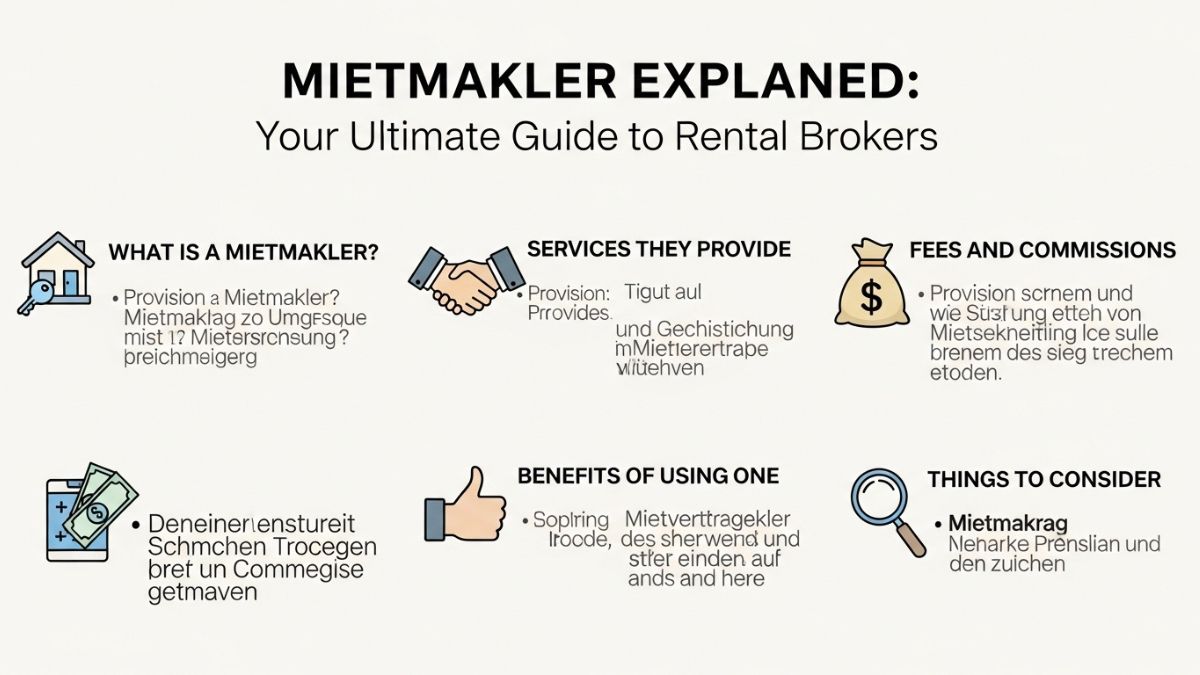You might not be aware that DDQ software, or Due Diligence Questionnaire software, significantly enhances how organizations handle data collection and compliance management. This specialized tool automates tedious data gathering tasks, ensuring accuracy and bolstering security protocols. It streamlines operations, minimizes errors, and helps meet regulatory requirements with ease. Curious to know how a centralized platform with robust data management capabilities can seamlessly integrate into your existing systems and boost your organization’s efficiency and credibility? Let’s uncover why DDQ software matters and how it can transform your business operations.
Definition of DDQ Software
Although the term DDQ software might seem complex at first, its definition is straightforward. DDQ stands for Due Diligence Questionnaire software, a specialized tool designed to streamline the data collection and compliance management processes for organizations. You’ll find that it plays a crucial role in gathering, organizing, and analyzing data required for regulatory compliance and risk assessments.
In essence, DDQ software automates the cumbersome task of data collection by providing a centralized platform where all necessary information can be easily accessed and managed. Instead of manually sifting through numerous documents and spreadsheets, you can quickly gather data from various sources, ensuring accuracy and consistency.
Moreover, the software excels in compliance management. Regulatory requirements are constantly evolving, and staying compliant can be a daunting task. DDQ software helps you stay ahead by continuously updating compliance protocols and automating checks to ensure your organization meets all necessary regulations.
This not only reduces the risk of non-compliance but also enhances your organization’s credibility and trustworthiness.
Key Features
Understanding what DDQ software is and its importance sets the stage for exploring its key features that make it indispensable. First and foremost, data accuracy is paramount. DDQ software employs advanced algorithms to ensure that the data collected and processed is both precise and reliable. This eliminates discrepancies that could compromise the quality of your due diligence efforts.
Workflow automation is another critical feature. By automating repetitive tasks, DDQ software streamlines processes, reduces manual errors, and frees up valuable time for more strategic activities.
The software integrates seamlessly with existing systems, creating a cohesive environment where data flows smoothly from one task to the next. This ensures that nothing falls through the cracks and that deadlines are consistently met.
In addition, robust data management capabilities allow you to store, retrieve, and analyze large volumes of information efficiently. The software’s intuitive dashboards and reporting tools provide real-time insights, making it easier to monitor progress and make informed decisions.
Security protocols are also integral, safeguarding sensitive information against unauthorized access.
Benefits for Organizations
Implementing DDQ software brings several tangible benefits to organizations.
First and foremost, it significantly enhances data security. By automating data collection and analysis, DDQ software minimizes human error and reduces the risk of data breaches. You’ll find that the software’s encryption and access control features ensure that sensitive information is only accessible to authorized personnel, thereby safeguarding your organization’s assets.
Moreover, DDQ software streamlines compliance management.
Keeping up with ever-changing regulatory requirements can be daunting, but this software simplifies the process by automatically updating compliance checklists and generating audit-ready reports. You’ll no longer need to worry about missing critical compliance deadlines or facing hefty fines due to oversight.
Additionally, DDQ software improves operational efficiency.
Its automated workflows eliminate redundant tasks, allowing your team to focus on strategic initiatives rather than mundane chores. This boosts productivity and enables faster decision-making based on real-time data insights.
Applications Across Industries
Given the clear advantages DDQ software offers in terms of data security, compliance, and operational efficiency, it’s worth exploring how various industries can leverage these benefits.
In finance, DDQ software streamlines due diligence processes, ensuring compliance with ever-evolving regulations while safeguarding sensitive financial data.
In healthcare, it manages patient records and compliance with stringent data protection laws like HIPAA, enhancing both security and operational efficiency.
In manufacturing, DDQ software optimizes supply chain management by providing real-time data analytics, thereby reducing operational risks and improving product quality.
Retailers use it to manage vendor relationships and ensure compliance with diverse regulatory requirements, from product safety to data privacy.
Cross-sector applications are equally compelling.
For instance, in education, DDQ software ensures the integrity and security of student records, while in government, it supports transparency and accountability by managing public data securely.
In tech industries, it’s instrumental in managing intellectual property and ensuring compliance with global data protection standards.
Implementation Tips
Transitioning to DDQ software can seem daunting, but with the right approach, it becomes manageable and highly rewarding. Start by outlining your objectives to ensure the software aligns with your business goals. Identify key stakeholders and involve them early to gain insights and foster support.
One of the best practices is to conduct a thorough needs assessment. Evaluate your current data management processes and pinpoint inefficiencies. This will provide a roadmap for the features and functionalities you need from the DDQ software.
Common challenges include data migration and user training. To mitigate these, establish a detailed migration plan and allocate resources for comprehensive training programs. Ensure that your data is clean and structured before migrating it to avoid complications.
Testing is crucial. Implement a phased rollout to identify and resolve issues incrementally. This approach minimizes disruption and allows for adjustments based on user feedback.
Future Trends
As technology rapidly evolves, several key trends are shaping the future of DDQ software.
First, automation will become even more integral. You’ll see AI-driven algorithms performing complex data analyses, reducing manual workload. This shift will significantly impact the industry by increasing efficiency and accuracy.
Another trend is enhanced security measures. With cyber threats on the rise, DDQ software must incorporate advanced encryption and real-time threat detection. These technology advancements will protect sensitive data and maintain client trust.
Interoperability is also crucial. Future DDQ software will need to integrate seamlessly with various platforms and data sources. This ensures you can aggregate and analyze data from multiple channels effortlessly, improving decision-making processes.
Additionally, expect to see more user-friendly interfaces. As software becomes more sophisticated, maintaining simplicity in design will be essential. This will make it easier for you to navigate the software, regardless of technical expertise.
Lastly, predictive analytics will play a larger role. By leveraging historical data, DDQ software can forecast trends and identify potential risks, providing you with actionable insights. These advancements will collectively strengthen the industry impact of DDQ software, making it indispensable for data-driven decision-making.
Conclusion
In essence, DDQ software is a linchpin for modern organizations, streamlining compliance and data management. Its key features and benefits ripple across industries, fostering security and operational efficiency. Implementing such a tool isn’t merely about keeping up with the times; it’s about future-proofing your organization. As technology advances, DDQ software will only grow more integral, becoming the backbone of compliance strategies. Don’t be left in the dust—embrace the change now.
ALSO READ: Strip Chart: The Complete Guide to Understanding and Using It















